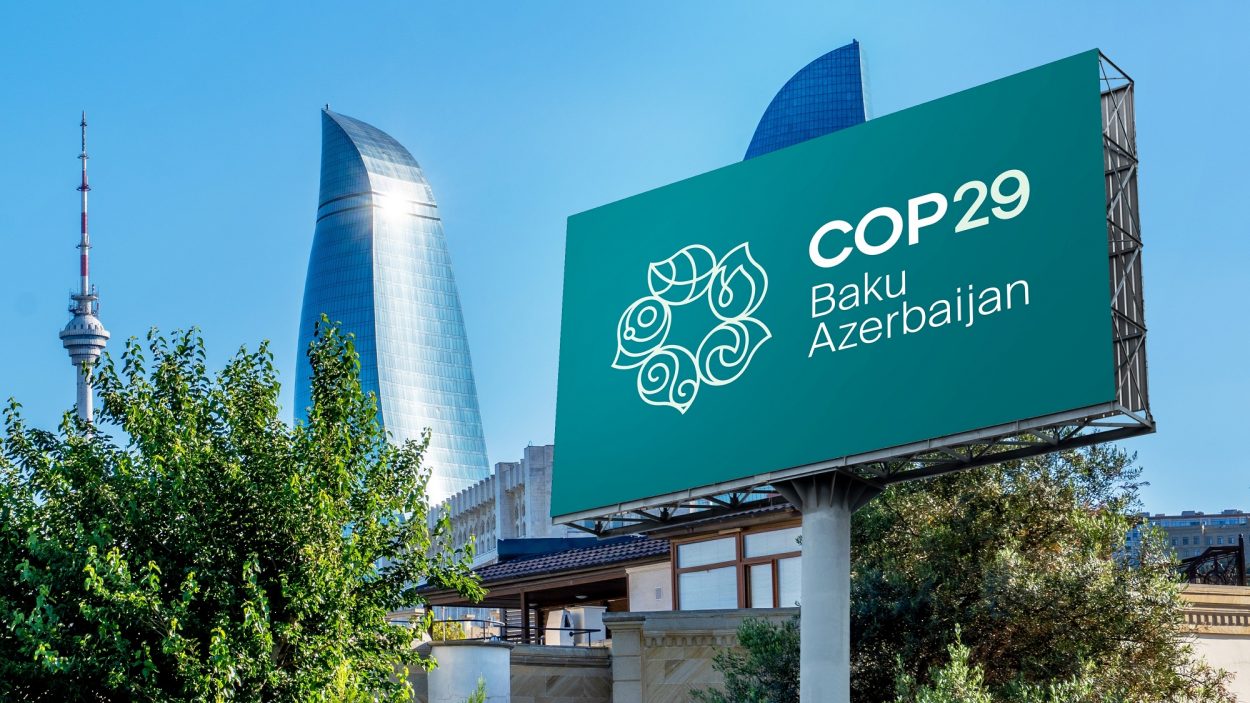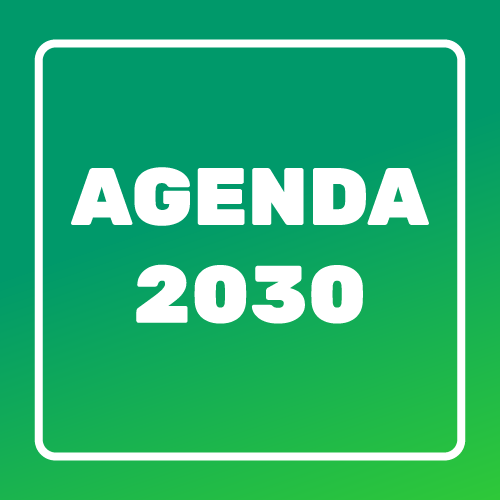When Will We Start Talking About Collapse?
This Monday (11th), the 29th edition of the World Climate Conference kicked off in Baku, Azerbaijan. Media headlines attempt to grab readers’ attention with phrases like “the time for action” or “the moment of truth” in the climate emergency.
Anyone who has followed this issue for some time knows that these expressions are far from new. It feels like watching a rerun of a well-worn movie announced for an afternoon TV slot.
The absence of key figures, with leaders of major global economies citing other commitments (including Brazil’s President Lula, who, after a domestic accident, stated he would focus on the G20 agenda), highlights the waning significance of the conference. This comes in the wake of a failed 16th Biodiversity COP (CBD COP16).
The presidency of Papua New Guinea, one of the most vulnerable countries to the imminent rise in sea levels caused by climate change, was notably blunt. They declared they would “no longer tolerate empty promises and inaction” at conferences they see as a “complete waste of time”.
“We are heading toward ruin”, warned COP 29 President and Azerbaijani Minister of Ecology, Muktar Babaiev, during his opening address.
For approximately 2.3 million people in Rio Grande do Sul, in Brazil, that ruin has already arrived. For millions of others worldwide, it is evident in heatwaves, cyclones, wildfires, and floods, like the one that killed over 200 people in Valencia, Spain, last month.
It is now a consensus that 2024 will set a new global temperature record, surpassing pre-industrial levels by 1.5°C. This record, however, will be short-lived, lasting just as long as the one from 2023.
When the Paris Agreement was signed during COP 21 (2015), the goal was to limit temperature rises to “well below 2°C” while striving to “limit warming to 1.5°C this century”. It took less than a decade for that goal to be left in the rearview mirror.
And yet, we continue accelerating toward the abyss. While there is much talk about energy transition, the reality is that renewable energy is not replacing fossil fuels (which would constitute a true transition) but merely adding to the installed capacity. In 2023, fossil fuel consumption reached a new record, with a 1.5% increase over the previous year.
This rapid rise in temperatures and its consequences have shown that predictions by the Intergovernmental Panel on Climate Change (IPCC), once dismissed as exaggerated or alarmist, have proven to be conservative. Impacts expected for the latter half of the century are already unfolding today.
A growing number of scientists argue there is no longer anything we can do to prevent climate change and its catastrophic consequences for the model of civilization we know. Meanwhile, more people and organizations are preparing for the collapse of the industrial-consumerist system. International discussion groups with thousands of participants are debating topics ranging from mental health and coping with climate anxiety to survival techniques.
But in Brazil, this topic is rarely addressed. We just went through municipal elections – how many candidates proposed plans to prepare cities for an increasingly unpredictable climate?
Setting aside climate deniers, even among those who trust science, many seem convinced that some miraculous technology will save us from this apocalyptic future, or that the consequences will be deferred to the next generation, giving us time.
However, the previously mentioned pace of climate change suggests that merely installing solar panels, recycling waste, refusing plastic straws, and bringing cloth bags to the supermarket may not be enough.
Civilizations rise and fall. In the past 5,000 years alone, approximately 80 have emerged, thrived, and collapsed. They all share a common trait: they were human-centered. These societies focused on developing systems of food production and natural resource extraction that benefited only people – not the broader community of life or the ecosystem as a whole.
Our civilization is no different. In fact, it might be more complex than its predecessors. But in nature, complexity often equates to fragility. We are highly specialized and interdependent. The fragility of modern cities, as evidenced by events like the floods in Valencia, shows just how unprepared we are for what lies ahead.
We live as if there is no tomorrow, relying on an economic system that assumes the infinite renewal of resources. Yet, the Stockholm Resilience Centre reveals a very different reality. It tracks nine key indicators, known as “planetary boundaries”, necessary to sustain life on Earth as we know it. Alarmingly, six of these boundaries have already been breached.
These indicators support the idea that our current model of civilization is ecocidal—that is, its operation inherently destroys ecosystems, leading to what scientists call “overshoot”. This term refers to crossing a threshold from which there is no return. At the root of the problem is our limitless nature: humans who disregard Earth’s self-regulating mechanisms. Global warming is merely one symptom of the collapse we are causing.
Another critical issue is the concept of “feedback loops”. These are unforeseen consequences arising from breaching certain boundaries and the interactions between elements under newly established conditions. For instance, it is now widely accepted that the Arctic may soon experience ice-free conditions for much of the year. This means the ocean, no longer covered by reflective ice caps, will absorb more heat. What happens with more energy in the oceans and atmosphere? We don’t yet know for sure.
Faced with this scenario, I return to the question posed in the title: When will we start talking about collapse? Instead of endless conferences debating who should foot the bill, isn’t it time we focus on strategies for resilience, adaptation, and, above all, survival?
Destaques
- Global Alliance’s Latin America Regional Council Kicks Off 2025 with Virtual Meeting
- LiderCom Discusses Communication and DE&I Challenges in the Current U.S. Political Landscape
- Theme of the Year “Communication for Transition” Renewed for 2025
- Web Summit Lisbon 2024: Innovation and Ethics in a Future Shaped by AI
- Global Alliance Launches Recognition Program for Young Communicators
ARTIGOS E COLUNAS
Luis Alcubierre Comunicação Interna: fundamento estratégico e legado organizacionalLeila Gasparindo Comunicação Interna como Prova de Cuidado: segurança psicológica é também uma direção organizacionalVinícius Ghise Como a IA pode transformar nossa visão de sucessoJanaína Leme O que é mensuração e o que é o básico para começar a mensurar?Carina Almeida SXSW: Um viva às pessoas no debate sobre inovação!































